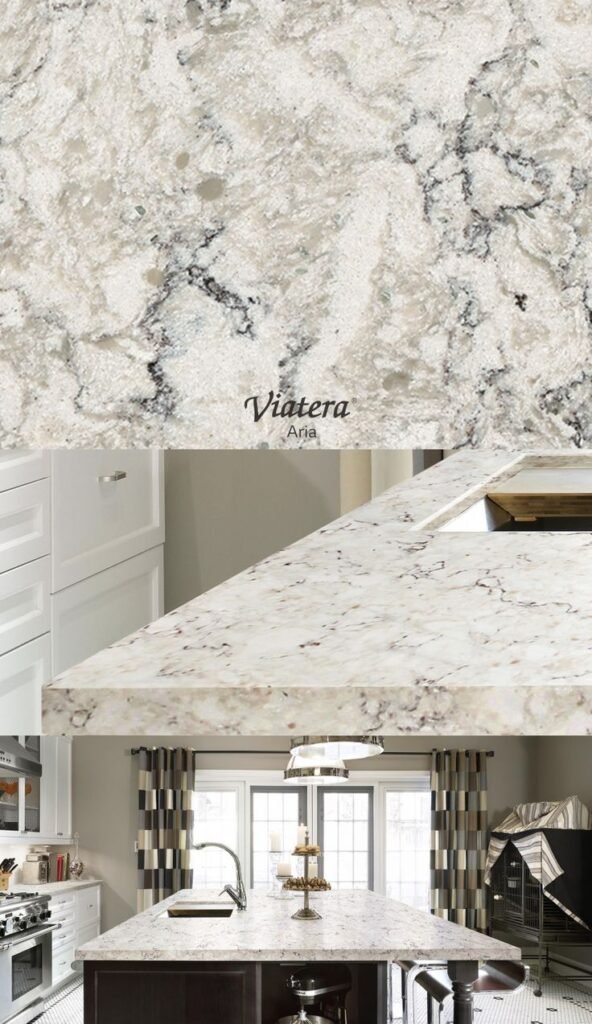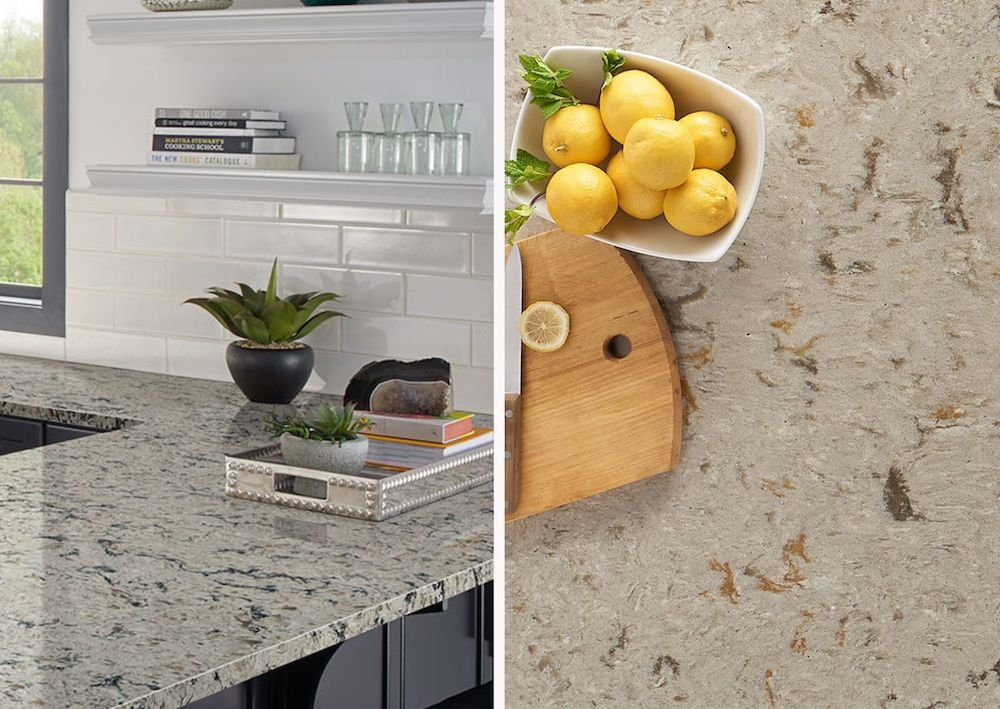When it comes to choosing elegant, low-maintenance surfaces for your kitchen or bathroom, Quartz countertops rank high on the list. With their beautiful finishes, durability, and wide range of colors—from white quartz countertops to veined quartz countertops that resemble marble—they’ve become a go-to option for many homeowners. But one question continues to surface: Do quartz countertops need to be sealed?
Let’s dive deep into the science of quartz, understand why sealing is a topic of discussion, and learn how to care for your quartz countertops the right way.

What Are Quartz Countertops Made Of?
What Are Quartz Countertops? Quartz countertops are a type of engineered stone countertops, made from around 90–95% crushed natural quartz mixed with polymers and resins. This manufacturing process results in a non-porous, dense, and stain-resistant surface—one that doesn’t require sealing the way natural stones like granite or marble do.
This inherent non-porosity is one of the standout features of quartz, especially in high-traffic spaces like Quartz kitchen countertops or Quartz bathroom countertops.

Do You Need to Seal Quartz Countertops?
❌ The Short Answer: No
Unlike granite or marble, quartz countertops do not require sealing. The resins used in their production already provide a sealed, impenetrable surface. This means water, oil, or wine spills won’t seep into the material—making quartz slabs for countertops a top pick for low-maintenance quartz countertops for busy families.
Still not convinced? Consider the ease of care compared to granite. Read more:
👉 What Happens If You Don’t Seal Granite Countertops?
👉 Do You Need to Reseal Granite Countertops?
Why the Confusion About Sealing Quartz?
The confusion often arises because quartz is partially a natural stone. People associate it with granite and marble, which do require sealing due to their porous nature.
However, the addition of resin binders makes quartz inherently non-absorbent, eliminating the need for additional sealers.
That said, using harsh chemicals can damage the surface and lead to dullness, which might give the illusion that sealing is needed.
How to Care for Quartz Countertops (Without Sealing)
Even though sealing isn’t necessary, proper care is key to maintaining the beauty and longevity of quartz countertops.
🧽 Daily Maintenance
- Use a soft cloth with mild dish soap and warm water.
- Avoid abrasive sponges or steel wool.
- Rinse and dry thoroughly to prevent residue.
🚫 What to Avoid
- Harsh cleaners with bleach or ammonia.
- High-alkaline cleaners or degreasers.
- Prolonged exposure to heat (always use trivets for hot pans).
If you’re working with heavy materials near your countertops, always use proper tools like this Material handling equipment to prevent damage.
When Homeowners Think They Need to Seal Quartz
While sealing isn’t necessary, here are a few scenarios where homeowners think it might help:
1. Quartz Has Lost Its Shine
This is usually due to residue buildup or using the wrong cleaner—not a lack of sealing.
2. Stains Aren’t Lifting
Some substances like hardened gum, dried paint, or nail polish may require scraping with a plastic putty knife—not sealing.
3. Discoloration
UV exposure can cause fading in white quartz countertops placed in direct sunlight, but this isn’t related to sealing either.
Quartz vs. Granite: The Sealing Debate
A major point of contrast between the two is the maintenance involved:
| Feature | Quartz Countertops | Granite Countertops |
|---|---|---|
| Sealing Needed? | ❌ No | ✅ Yes (every 1–2 years) |
| Porous? | ❌ Non-porous | ✅ Porous |
| Cleaning Simplicity | ✅ Easy | 🚫 Slightly more complex |
| Stain Resistance | ✅ Excellent | ⚠️ Requires sealing to resist stains |
| Durability | ✅ High | ✅ Very high |
To explore further, read this guide on the Pros and Cons of Quartz Countertops.
Best Uses of Quartz Countertops
With quartz being so versatile and low-maintenance, it excels in various applications:
- Quartz kitchen countertops in busy households
- Quartz bathroom countertops that resist humidity and spills
- Custom quartz countertop installers can tailor surfaces to match modern or traditional aesthetics
- Marble look quartz countertops for luxury on a budget
- Budget quartz countertops for rental properties or renovations
For practical buying and styling tips, see:
👉 Is Quartz Good for Kitchen Countertops?
👉 Where to Buy High-Quality Quartz Countertops
Can Sealing Actually Hurt Quartz?
Yes. Applying granite or marble sealers to quartz can result in a cloudy, streaky, or greasy appearance. Since sealants cannot absorb into quartz, they simply sit on the surface—making the situation worse.
If you’re experiencing such issues, it’s better to buff the surface clean with a gentle quartz-specific cleaner rather than applying a sealer.
Final Thoughts: No Sealing Needed—Just Smart Maintenance
So, to answer the original question: No, you do not need to seal quartz countertops. Instead, focus on proper cleaning practices and avoid harsh chemicals.
If you want beautiful, resilient countertops with minimal upkeep, quartz delivers on all fronts—style, substance, and simplicity. Whether you’re looking for affordable white quartz countertops for modern kitchens or exploring DIY quartz countertop installation tips, quartz continues to prove its value.

